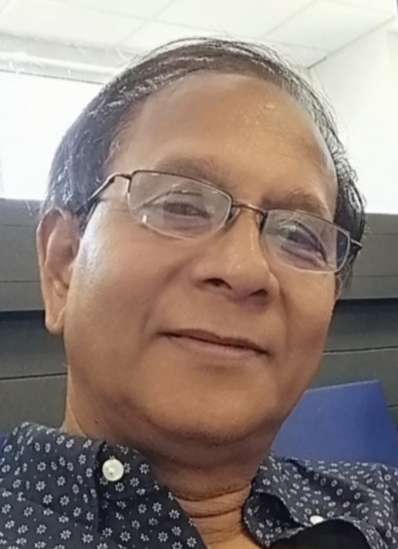
The issue of moon sighting is giving ground more than ever to a lot of unwarranted and, at times virulent but mostly futile, statements, discussions and criticisms from various quarters and individuals. With the advent of the social media and the ease and facility with which anyone can voice out anything they want to and reach an incalculable number of audiences, things get more complicated. Everyone projects themselves as expert in every field, except the real learned expert. Is this what we have brought home from our religious convictions?
During adverse weather conditions some suddenly convert into experts in meteorology without visibly the least notion of the basics of weather conditions and behaviour, much to the gratuitous discredit of reputable specialists with proven experience in the field. The same thing happens when appreciating court decisions. What are the learned judges for if lay people can make their own judgment? But that is not all. In religious issues like the one we witnessed yesterday regarding moon sighting, many so-called pseudo-experts flocked in to level undesirable criticisms on the decision of a board of Ulemas. These sorts of attitude, behaviour and mindset are not propitious to a meaningful advancement of the cause, and certainly not conducive to the furtherance of a sound debate.
We may all be familiar with the famous quotes: “A little learning is a dangerous thing.” And “the tongue has no bones; it flaps easily and can break bones.” Some people don’t even know what they are talking about. They seem to be biased by considerations that go beyond the ambit of a so sensitive issue. The fact that the meeting took place (as it usually does) at the Jummah Mosque gives the impression that the decision was one of the Jummah Mosque authorities. While it is evident that it was a unanimous decision of a committee of Ulémas (who are more knowledgeable than anyone of us).
The witnesses imperatively, as any reliable and competent body would require, have to pass a series of tests, including the test of credibility and trustworthiness among other Islamic requirements regarding the sighting, timing and positioning of the crescent at the time it was claimed to have been observed by apparently three inhabitants of Vacoas. The claimants have publicly taken oath on the holy Quran to aver that they did indeed sight the moon at 6.29 pm while it was to set at 6.32 pm. It is apposite to point out that at that particular time the moon was practically on the horizon and setting in the mix of colours in the crimson sky. The claimants made their case before the committee composed of no less than nine religious leaders from the different school of thoughts at the office of the said mosque. Ultimately a decision has to be taken, and the committee decided after careful and considerate deliberations based on criteria in consonance with Islamic laws as argued. Afterwards following public outcry, several Ulemas made live interventions in a bid to clear alleged doubts surrounding this issue in defense of their decisive stance. But some people still seem to show resentment to the extent of just hitting below the belt. There’s no use making a mountain out of a molehill, if we want to live up to the standards of our religious convictions that call for tolerance, discipline and respect.
Mauritians have a favourite game: they are fond of what people commonly refer to “sangat” and “met choula”. Some even go to the extent of callously imputing political motivations and questioning everything, rightly or wrongly, creating rifts between different view holders, communities and school of thoughts without paving any constructive way forward. Whatever the outcome they will stir the cup to create a whirlpool. So it would be better if we stick to the basics and follow the principles and teachings of the Holy Prophet. Let the Almighty guide us. Futile discussions never bring positive outcome. They do more harm than good to the community. So for God’s sake stop indulging in backbiting, gossiping and mudslinging. This is against Islamic precepts.
Eid Mubarak.